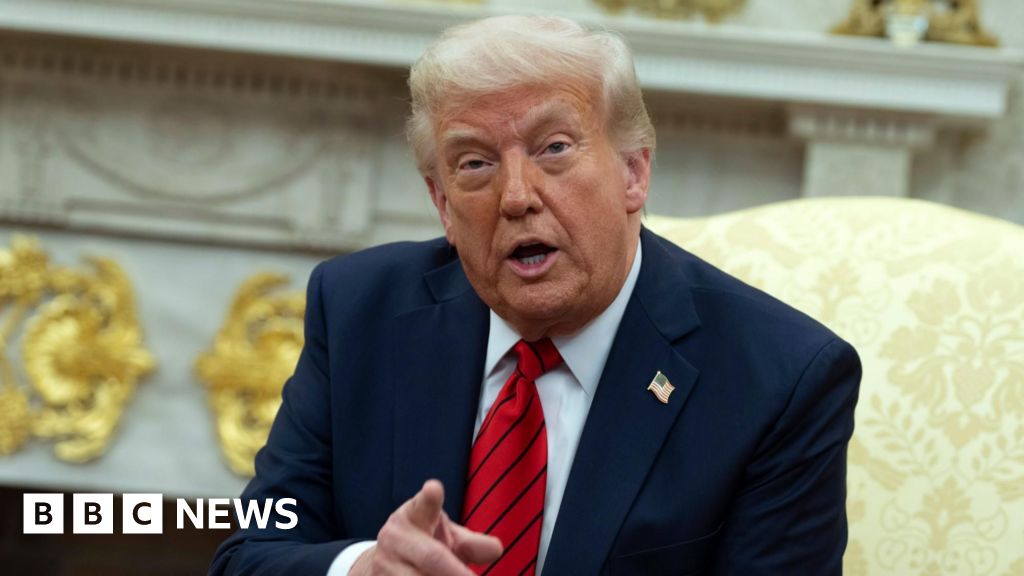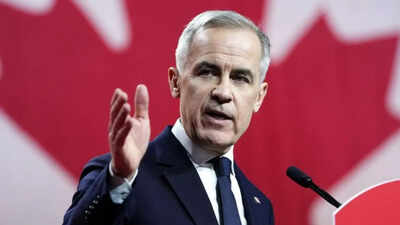Trump May Abandon Ukraine Peace Talks 'Within Days,' Warns Rubio

PARIS In a concerning development regarding international diplomacy, U.S. Secretary of State Marco Rubio has issued a stark warning that President Trump may withdraw from ongoing peace discussions with Russia and Ukraine if significant progress is not achieved within a matter of days. This statement comes on the heels of a critical round of negotiations held in Paris, where key officials gathered to chart a path forward amidst the turbulent backdrop of the ongoing conflict.
During a press briefing after a day filled with intense discussions, Rubio emphasized that the administration is unwilling to allow negotiations to "drag on for weeks or months." He noted that should the talks yield little promise for resolution, Trump is ready to change focus to other pressing priorities. "If were so far apart this wont happen, then the president is ready to move on," Rubio stated, conveying a sense of urgency about the situation. He expressed the desire to ascertain within days whether a viable deal could be reached.
This warning contrasts sharply with the more optimistic outlook presented by Vice President Vance during a meeting in Rome, where he expressed hope that recent diplomatic developments could pave the way for an end to the war. Vance stated, "We do feel optimistic," after discussions with Italian Prime Minister Giorgia Meloni, which indicates a divergence in perspectives within the administration regarding the peace talks.
The Paris meeting was orchestrated by French President Emmanuel Macron and included not only U.S. officials like Rubio and special envoy Steve Witkoff, but also representatives from Ukraine, the United Kingdom, and Germany. This gathering represents a notable shift towards greater European involvement in U.S.-led efforts to broker peace in the region, highlighting the significance of transatlantic cooperation in addressing the crisis.
The urgency of these talks is underscored by a deadline imposed by Trump himself, who has mandated that his team secure a deal within 100 days of re-engaging with Russian President Vladimir Putin earlier this year. In the meantime, Ukraine has demonstrated a willingness to consider a ceasefire; however, progress has been stymied by delays on Russia's part.
In a grim reminder of the ongoing violence, Ukrainian officials reported overnight drone and missile strikes that targeted multiple cities, tragically claiming the lives of at least two individuals. President Volodymyr Zelenskyy condemned these attacks on social media platform X, stating, "This is how Russia began this Good Friday with ballistic missiles, cruise missiles, Shahed's maiming our people and cities." In Sumy, a bakery specializing in Easter cakes was struck just one week after devastating Palm Sunday strikes, resulting in another casualty.
Rubio refrained from divulging specifics regarding the U.S. peace strategy, suggesting that it is still premature to finalize aspects such as security guarantees. Nevertheless, he characterized the discussions in Paris as "very positive" and expressed support for increased participation from European nations. Plans for a follow-up meeting in London next week have already been established, indicating a continued commitment to dialogue.
Kremlin spokesperson Dmitry Peskov acknowledged that while there has been some progress in the talks, he cautioned that "many difficult discussions still lie ahead." A significant aspect of these discussions includes potential business deals between Russia and the United States, which the Kremlin has hinted could serve as leverage to entice the Trump administration. Such deals might also provide an opportunity for Russia to alleviate the economic sanctions imposed by several Western nations following its large-scale invasion of Ukraine in February 2022.
However, the prospect of these arrangements, combined with a growing concern in European capitals that the Trump administration may be leaning towards Russia, complicates efforts to forge a comprehensive peace agreement involving the U.S., the European Union, Russia, and Ukraine. Nicolas Tenzer, a professor at Sciences Po university, voiced his concerns in an interview, suggesting that European nations would likely reject any deals that do not align with their interests. "I think the key question right now is when and how the Europeans will say to Trump, 'OK, you can have a deal with Putin, but it's our duty not to respect it.'"





























